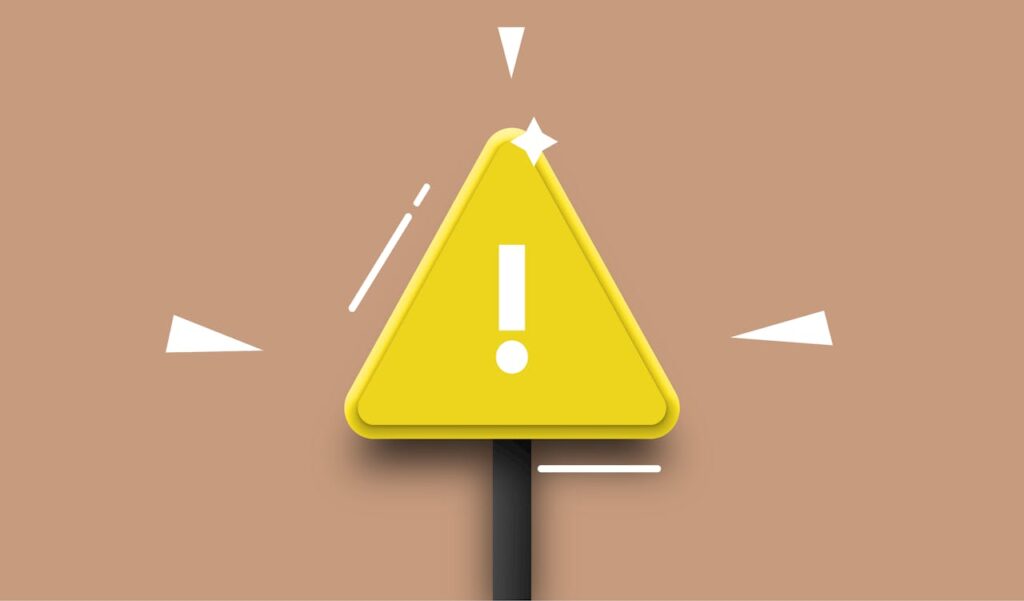The Drawbacks of Incorrect Mantra Chanting and How to Avoid Them
Chanting mantras incorrectly can have several drawbacks, both from a spiritual and practical perspective. Here are some potential issues that may arise:
Spiritual and Psychological Drawbacks
1. Lack of Effectiveness
Incorrect pronunciation or intonation can diminish the efficacy of the mantra. Mantras are believed to have vibrational and sound energy, which can be disrupted by improper chanting.
2. Spiritual Imbalance
Chanting mantras with the wrong intention or incorrect methods may not align with the intended spiritual benefits. This could lead to a lack of harmony in one’s spiritual practices.
3. Mental Discomfort
Knowing that one is chanting incorrectly might cause frustration, doubt, or anxiety. This can hinder the meditative and calming effects that mantras typically provide.
4. Negative Vibrations
Some traditions believe that incorrect chanting might invoke negative vibrations or energies. This belief is rooted in the idea that specific sounds and frequencies are crucial for connecting with divine energies.
Practical and Social Drawbacks
1. Miscommunication
In group settings, incorrect chanting can lead to confusion and disrupt the collective focus and energy of the practice. This can be particularly problematic during communal rituals or ceremonies.
2. Cultural and Linguistic Disrespect
Mispronouncing sacred mantras can be seen as disrespectful to the culture and tradition from which they originate. This is particularly sensitive in traditions where precise pronunciation is emphasized.
3. Reduced Concentration
Focusing on trying to correct pronunciation or remembering the mantra incorrectly can detract from the meditative aspect of the practice, reducing its overall benefits.
Examples of Common Mistakes
1. Pronunciation Errors
Many mantras are in Sanskrit or other ancient languages, which have specific phonetic requirements. Mispronouncing words can change their meaning entirely.
2. Wrong Intonation and Rhythm
Mantras often have a specific rhythm and intonation that are essential for their proper vibrational effect. Incorrect intonation can disrupt the mantra’s intended energy.
3. Incorrect Sequence
Chanting mantras in the wrong sequence or omitting parts can also lead to ineffective or incomplete practice.
Recommendations for Correct Chanting
1. Learning from a Guru or Teacher
It is highly recommended to learn mantras from a knowledgeable teacher or guru who can provide proper guidance on pronunciation and intonation.
2. Listening to Recordings
Using recordings of experienced practitioners can help in understanding the correct way to chant a mantra. This is one of the ways how to avoid the mistakes in this digital era.
3. Practice and Patience
Regular practice with mindfulness and patience is key to mastering mantra chanting. It’s important to give oneself time to learn and improve.
4. Understanding the Meaning
Understanding the meaning and significance of a mantra can enhance the devotional and meditative quality of the practice, ensuring that the intention aligns with the chanting. How to avoid mistakes is definitely by understanding
By being mindful of these aspects, one can ensure that their mantra practice is both respectful and effective, fostering the intended spiritual benefits and personal growth.
The author Dr.Sowmya is a physician, astrologer, and yogic practitioner. Recommends everyone to be aware of these before beginning the practice of mantra chanting.
Suggested Read What is Mantra

